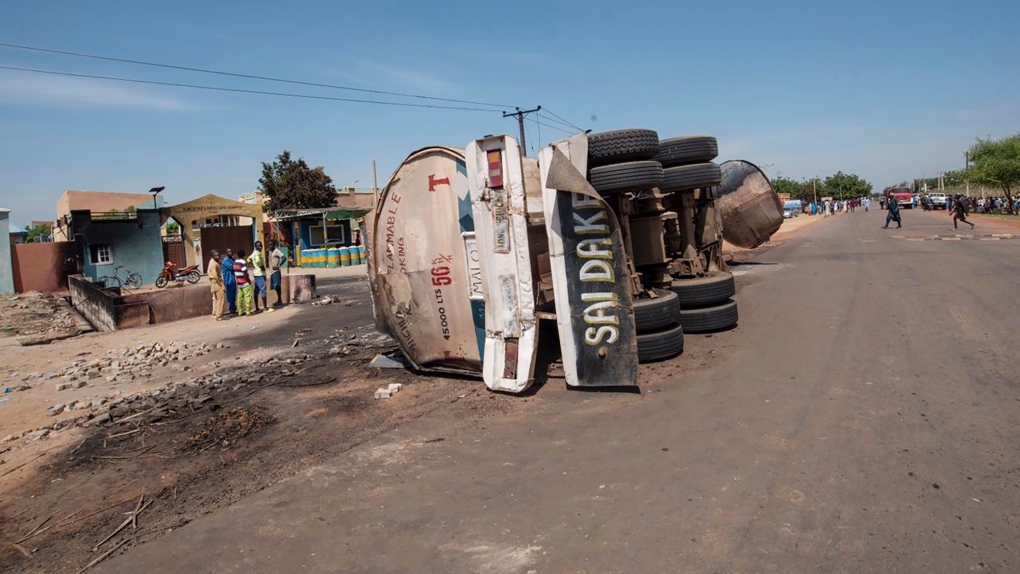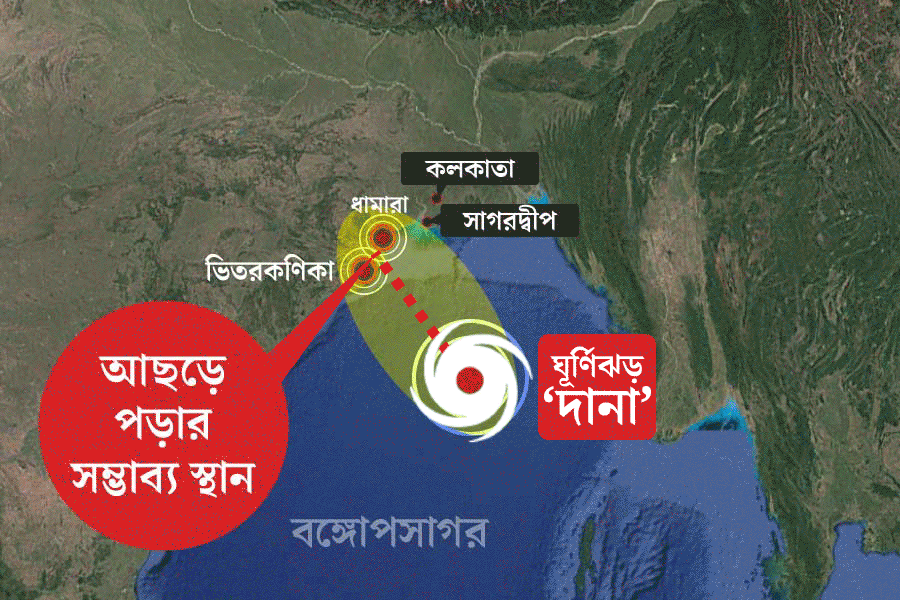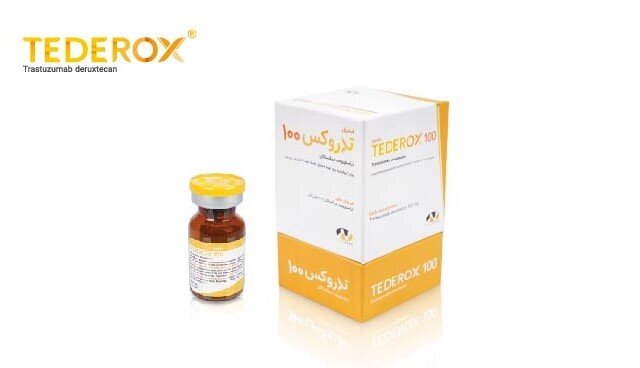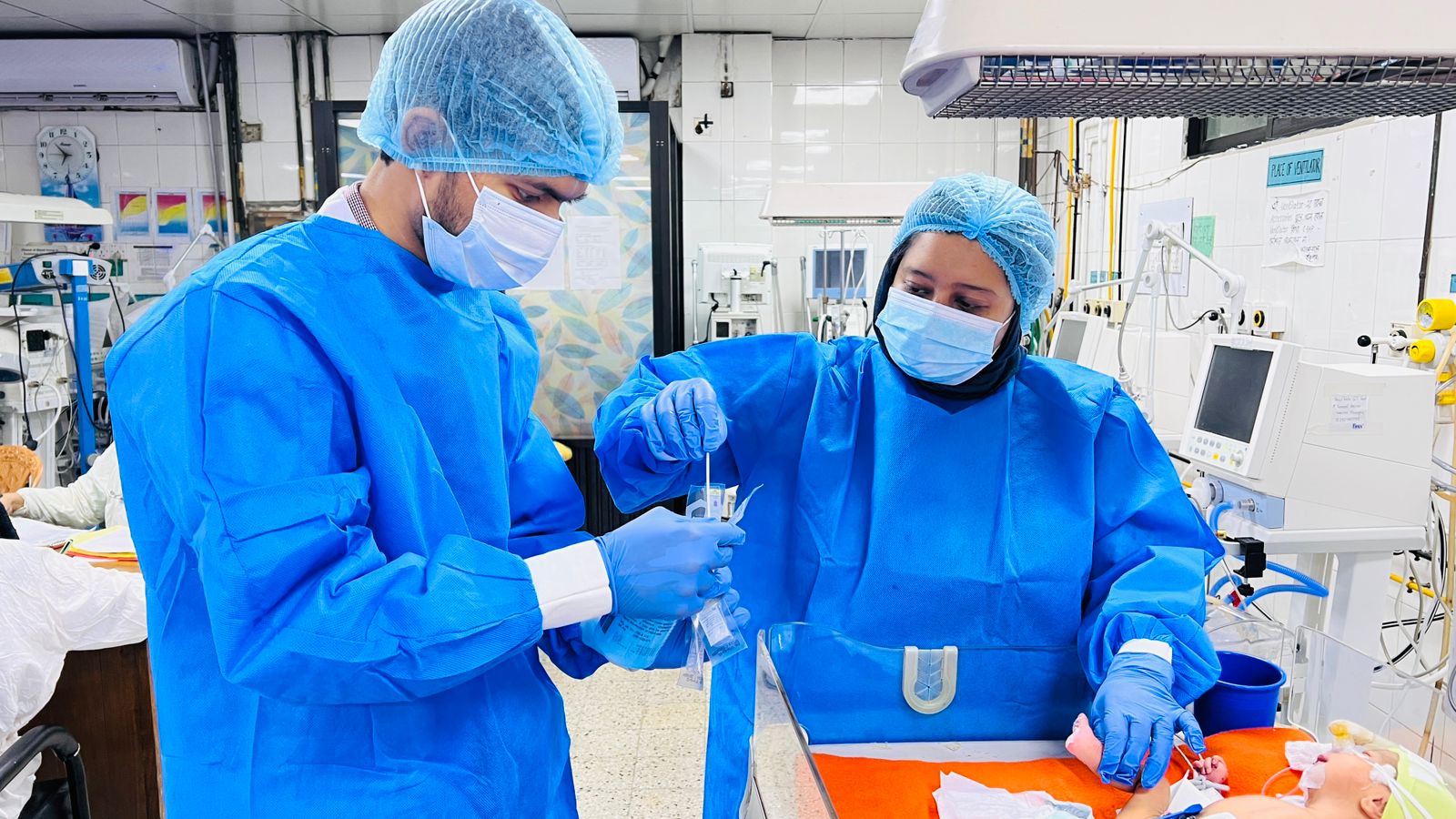
A new study published in *Microbiology Spectrum* highlights the alarming spread of the dangerous fungal pathogen *Candida auris* within neonatal intensive care units (NICUs) in Bangladesh. Conducted by the International Centre for Diarrhoeal Disease Research, Bangladesh (icddr,b) in collaboration with the Institute of Epidemiology, Disease Control & Research (IEDCR), the research reveals that *C. auris* is increasingly transmitted in hospital settings, posing severe risks to vulnerable, critically ill newborns.
The study, which took place between August 2021 and September 2022, found that 9% of the 374 neonates enrolled across two hospitals in Dhaka were colonized with *C. auris*. Of these, one patient developed a life-threatening bloodstream infection (BSI). Notably, over half of the infected infants acquired the fungus after being admitted to the NICU, suggesting that transmission is occurring frequently within hospital environments.
*Candida auris* is known for its ability to survive on surfaces and spread rapidly, making it particularly dangerous in healthcare settings. Infections are often severe, with mortality rates as high as 70% in low- and middle-income countries (LMICs), especially among those with weakened immune systems, such as premature infants. The fungus is also notably resistant to multiple antifungal drugs, complicating treatment efforts.
While only a small portion of isolates in the study demonstrated full multidrug resistance, a striking 82% were resistant to fluconazole, the first-line antifungal treatment. The study also pointed to a potential risk factor for colonization: 81% of the neonates who tested positive for *C. auris* had been born via cesarean section, which often leads to longer hospital stays and increased exposure to hospital-borne pathogens.
Dr. Fahmida Chowdhury, Associate Scientist at icddr,b, emphasized the urgent need for stricter infection control measures in hospitals. She recommended enhanced surface cleaning protocols with chlorine-based disinfectants, improved hand hygiene among healthcare workers, and the implementation of regular surveillance to detect and isolate cases of *C. auris*.
The findings underscore the importance of addressing the growing threat of healthcare-associated infections, particularly in NICUs, where the most vulnerable patients are at greatest risk. As *C. auris* continues to spread globally, the need for robust infection prevention strategies in hospitals has never been more critical.
For more information on infection control practices and *C. auris* prevention, visit [icddr,b](http://www.icddrb.org).























